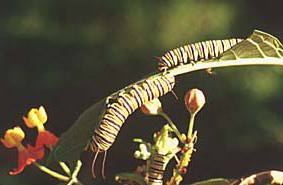
Fall 2014

Dr. Wade B. Worthen
Office: Townes South 171B
Phone: x-3390
Lecture: Plyler 129, 1:00-2:20 pm, Tuesday and Thursday
Laboratory: Plyler 129, 2:30-5:20 pm, Tuesday
Text: The Economy of Nature, Ricklefs, 6th ed.
As a person living on planet earth, you are immediately dependent on ecosystem services that provide you with oxygen, clean water, and food. These services are provided by the dynamic interplay between living organisms and the transfer of energy and matter through the Earth's subsystems. These interactions have evolved over billions of years, and they have ramified into a complex network that we are just starting to describe and understand. Over the course of your adult lifetimes, over the next fifty years while you age from 20 to 70, environmental and ecological issues will become progressively more important to your personal well-being, to the well-being of all other people on the face of the planet, and to the economic and social systems of which we are also a part.
In this course, you will begin to learn about the dynamics of these ecological systems. We will study these interactions from the cellular to planetary scales. We will begin with a consideration of the planet's subsystems, and the role of the biosphere in planetary dynamics. Living things, including you, do not simply live WITHIN the environment; you - like all living systems - also affect that environment. The ecosystem services upon which we depend are the cumulative product of the transfer of energy between biomes, the interactions among species within each biome, and the adaptations of species to their particular environments. Ecology is NOT environmental science, nor is it a discipline focused explicitly on the interactions between humans and the environment. Rather, ecology is defined as the scientific study of the distribution and abundance of organisms. Nevertheless, it is the interactions between organisms that form the biological web that supports human life and human civilizations. I hope you find it as interesting as it is relevant. For more information on this course, access the Syllabus and the Attendance and Grading Policy.